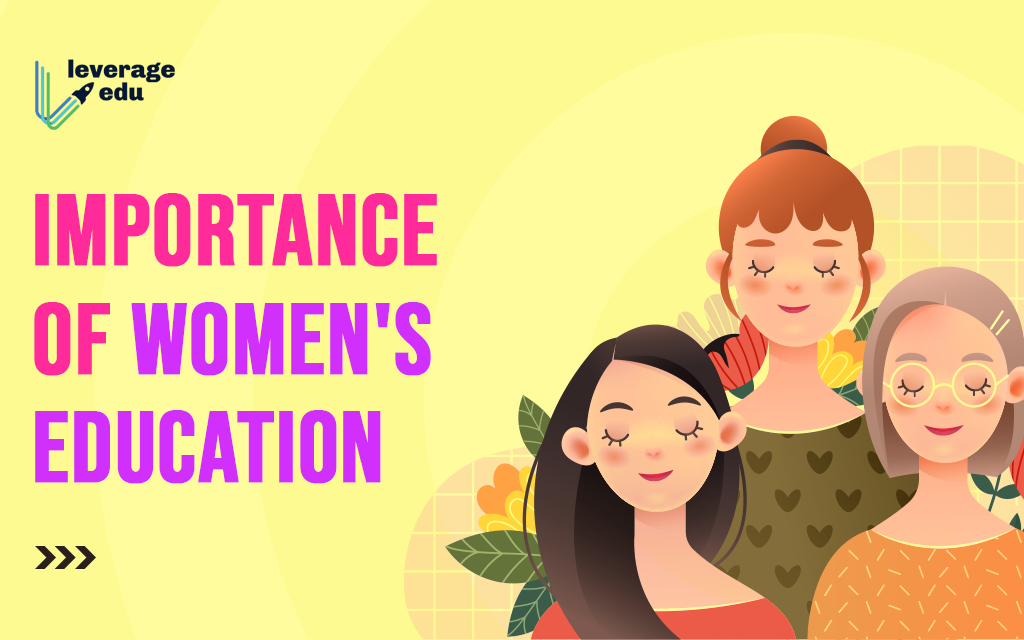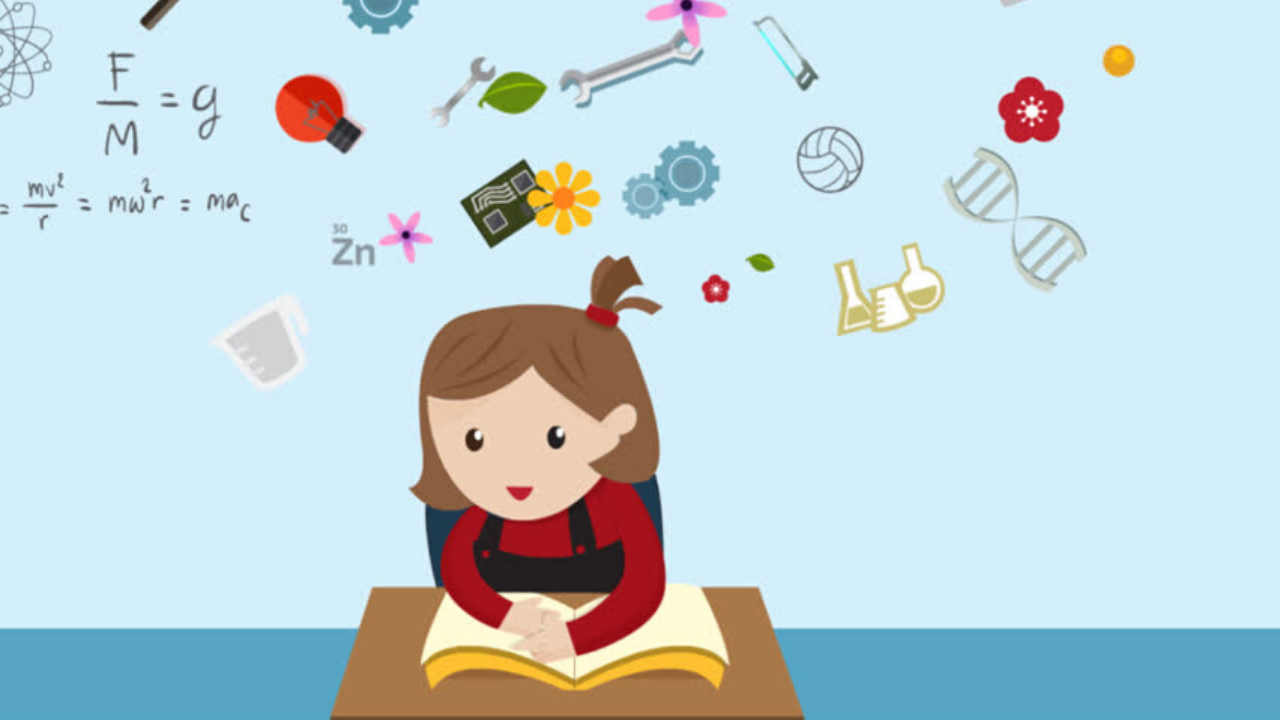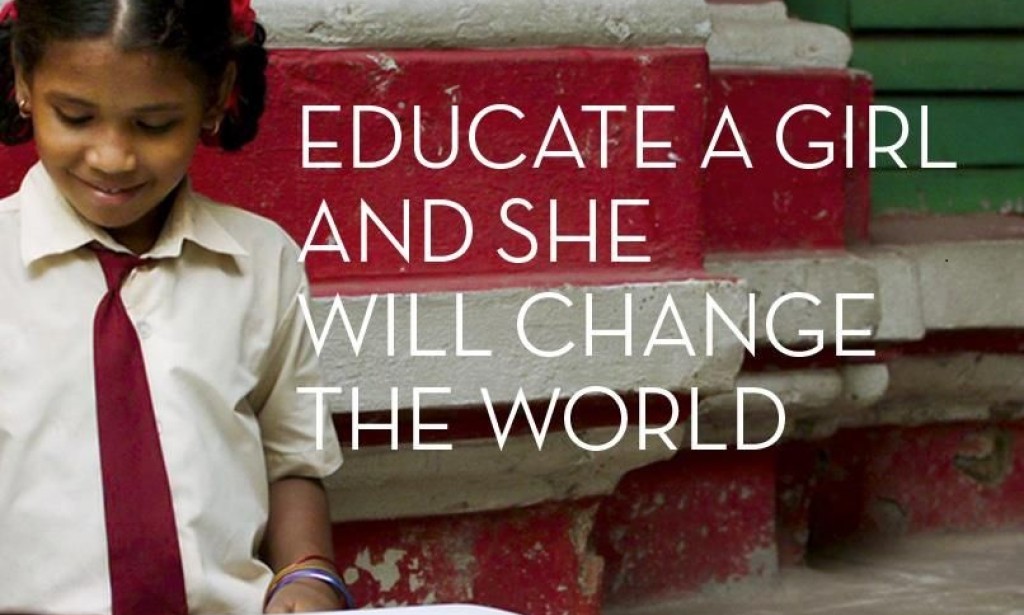“Education is the most powerful weapon we can use to change the world”. This is how Nelson Mandela would define the term. Unfortunately, women have largely been excluded from the educational field. Nowadays, the education is being taken granted by the woman herself and by her society. But the ones who received a proper education have changed the world. In fact, in order to become an active and useful member of the society, everyone needs to be educated. In other words, women should be educated. Education has been considered for long as an option that only the qualified people could get. But this isn’t the case, education today is highly considered as a right and not a privilege.

Breaking the Cycle of Poverty:
Education has the potential to break the cycle of poverty and create a pathway towards economic stability. When girls are educated, they acquire the skills and knowledge necessary to secure better job opportunities and achieve financial independence. By obtaining an education, females can contribute to their families' well-being, reduce the reliance on social welfare, and actively participate in the workforce, thereby driving economic growth.
Empowering Women and Enhancing Gender Equality:
Education is a key driver of gender equality. When females receive an education, they gain a sense of empowerment and self-confidence that enables them to challenge traditional gender roles and societal norms. Education equips women with critical thinking abilities, decision-making skills, and a broader perspective, allowing them to actively participate in social, political, and economic spheres. By empowering women through education, societies can dismantle gender-based discrimination and create a more inclusive and equitable world.
Improving Health and Well-being:
Education is closely linked to improved health outcomes for females. Educated women are more likely to possess knowledge about nutrition, reproductive health, and hygiene practices, leading to healthier lifestyles for themselves and their families. Furthermore, education equips women with the ability to make informed choices about their bodies, including family planning and reproductive rights, resulting in lower maternal mortality rates and better child health.

Promoting Peace and Stability:
Education has the power to foster peace and stability within societies. When girls are educated, they are less vulnerable to recruitment by extremist groups and more likely to engage in peaceful dialogues. Education cultivates empathy, critical thinking, and conflict resolution skills, allowing women to become advocates for peacebuilding and social cohesion. By educating females, societies can foster a culture of peace, reduce violence, and promote sustainable development.
Advancing Innovation and Development:
By excluding women from education, societies are squandering the talents, creativity, and potential contributions of half of their population. When females are educated, they become active participants in the knowledge economy, driving innovation, scientific advancements, and technological progress. The inclusion of women in fields such as science, technology, engineering, and mathematics (STEM) not only enhances economic growth but also leads to more diverse and well-rounded solutions to societal challenges.
The significance of education for females cannot be overstated. It is a catalyst for personal growth, gender equality, economic empowerment, and societal progress. By providing girls and women with access to quality education, we can create a world where opportunities are not limited by gender. Governments, communities, and individuals must prioritize efforts to remove barriers to education for females and invest in inclusive educational systems that empower women to reach their full potential. Only through education can we build a future where every girl and woman has the chance to thrive and contribute to a better world for all.



You must be logged in to post a comment.